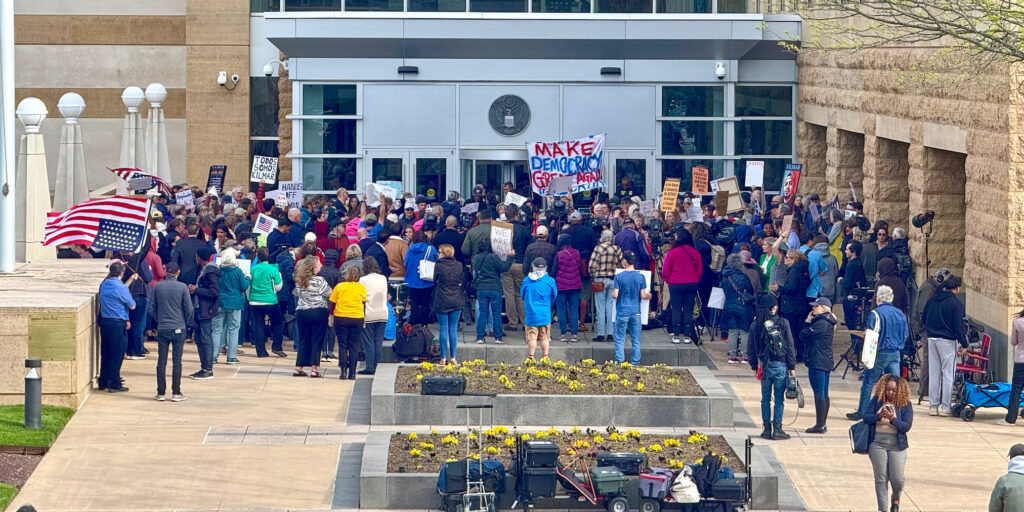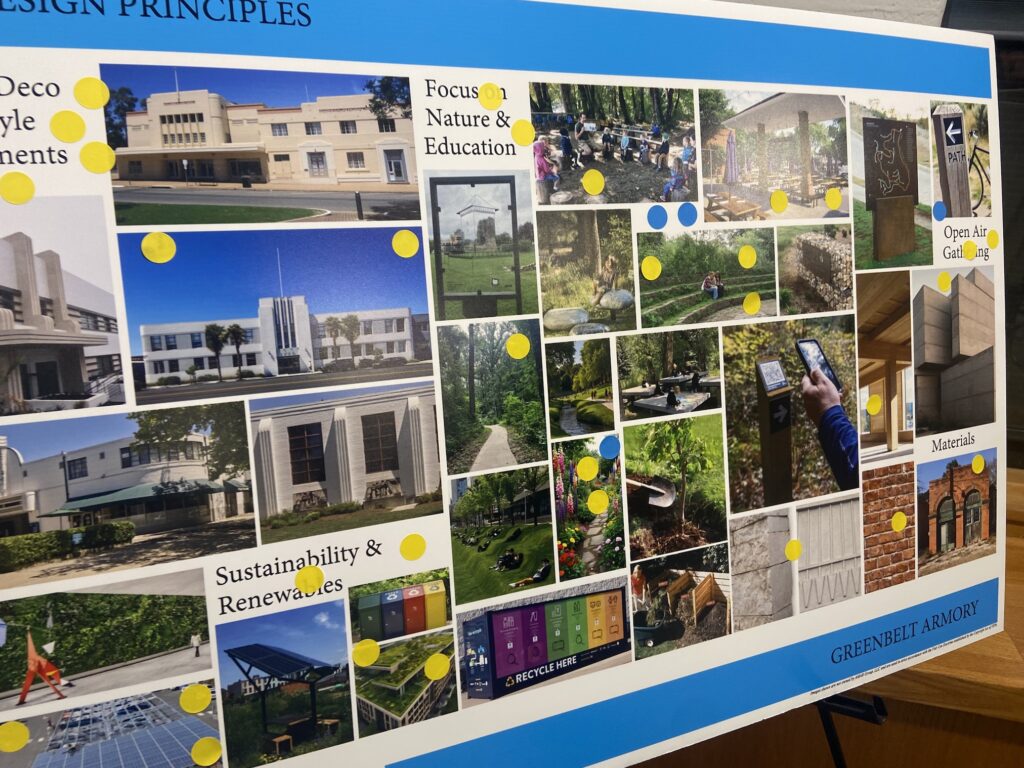In the November 5 general election, Maryland voters will decide on a proposed amendment to the Maryland Constitution about reproductive freedom. If passed, the amendment will secure a state constitutional right to reproductive rights already enacted in Maryland legislation.
The measure will appear as Ballot Question 1: “The proposed amendment confirms an individual’s fundamental right to reproductive freedom, including but not limited to the ability to make and effectuate decisions to prevent, continue or end the individual’s pregnancy, and provides the State may not, directly or indirectly, deny, burden or abridge the right unless justified by a compelling State interest achieved by the least restrictive means.” This sentence reflects the actual amendment text. Voters will vote for or against the amendment.
How Did We Get Here?
The 1973 U. S. Supreme Court decision Roe v. Wade held, “A person may choose to have an abortion until a fetus becomes viable,” affording the right nationwide, based on the U.S. Constitution’s 14th Amendment privacy right. Maryland legislation passed in 1991 and confirmed by voters in 1992 went further, making abortion legal in Maryland up to viability, and after viability to protect the mother’s health or in cases of serious fetal deformity.
In March 2022 the Maryland House of Delegates approved a state Right to Reproductive Liberty Amendment, which did not exit the General Assembly in that legislative session. Three months later in June 2022, the U.S. Supreme Court issued its Dobbs v. Jackson Women’s Health Organization decision, writing that there is no constitutional right to abortion, overturning Roe v. Wade’s national coverage and returning the decision to the states. In March 2023, Maryland’s General Assembly approved the amendment and this 2024 referendum asks Maryland voters to decide for or against it.
Why an Amendment?
If the 1991 legislation made abortion legal, why does this amendment matter? An amendment would guarantee the existing right as a constitutional right for Marylanders. Passing the amendment will secure the right against future legislative repeal or court cases. Not passing the amendment means the existing right could be removed by future legislation or court cases.
One may wonder why the proposed amendment includes the phrase “including but not limited to … pregnancy.” Jakeya Johnson, executive director of the pro-choice nonprofit organization Reproductive Justice Maryland, said the phrase gives flexibility to address other reproductive rights if challenged in the future, such as contraception and fertility treatments.
Local Perspectives
The News Review contacted Greenbelt Baptist, Catholic, Jewish, Methodist and United Church of Christ faith communities for their perspectives. St. Hugh’s Catholic Church and Mishkan Torah Synagogue representatives responded.
Father Walter Tappe of St. Hugh’s wrote, “The Catholic Church in Maryland opposes this amendment since it contradicts the fundamental principles of respect for human dignity and the inherent right to life … and urges voters and all people of good will to reject this ballot initiative. The Catholic Church stands in solidarity with women and children and rejects the notion that abortion is a solution to the challenges faced by women in crisis situations. It is essential to pursue solutions that include compassionate support, resources and alternatives to abortion for women facing difficult circumstances.”
Mishkan Torah’s Phyllis Oresky referred readers to an article on the website My Jewish Life (tinyurl.com/45j26j7e). It says that Judaism “takes a far less stringent approach to abortion than many Christian denominations” and describes varying opinions within Judaism. For instance, it said that while Conservative and Reform Judaism take more lenient positions than Orthodox Judaism, many Orthodox rabbis are “… cautious about laying down firm standards, insisting instead that cases be judged individually.”
Greenbelt Alliance for Reproductive Freedom (GARF) member Nancy Newton wrote that GARF sees reproductive freedom “as an issue that touches almost everyone, everywhere. Of course, it’s about personal autonomy and basic human rights. The proposed amendment is clearly a key issue because it will protect the right to reproductive freedom into the future, regardless of attempts to restrict access to abortion. We’re finding that, even though many Greenbelters support the right to abortion, they are not aware of Ballot Question #1. That’s why we’re working with other organizations to ensure Maryland voters know about this measure and incorporate this right into the state constitution.”
Greenbelt’s delegates and state senator (Anne Healey, Ashanti Martinez, Nicole Williams and Alonzo Washington) voted in 2023 to put the 2024 referendum before voters, and Williams cosponsored it. Maryland U.S. Senate candidates Angela Alsobrooks and Larry Hogan told the Bowie Sun they plan to vote for the amendment. Maryland is one of 10 states with reproductive rights measures on the ballot this fall, along with Arizona, Colorado, Florida, Missouri, Montana, Nebraska, Nevada, New York and South Dakota.



